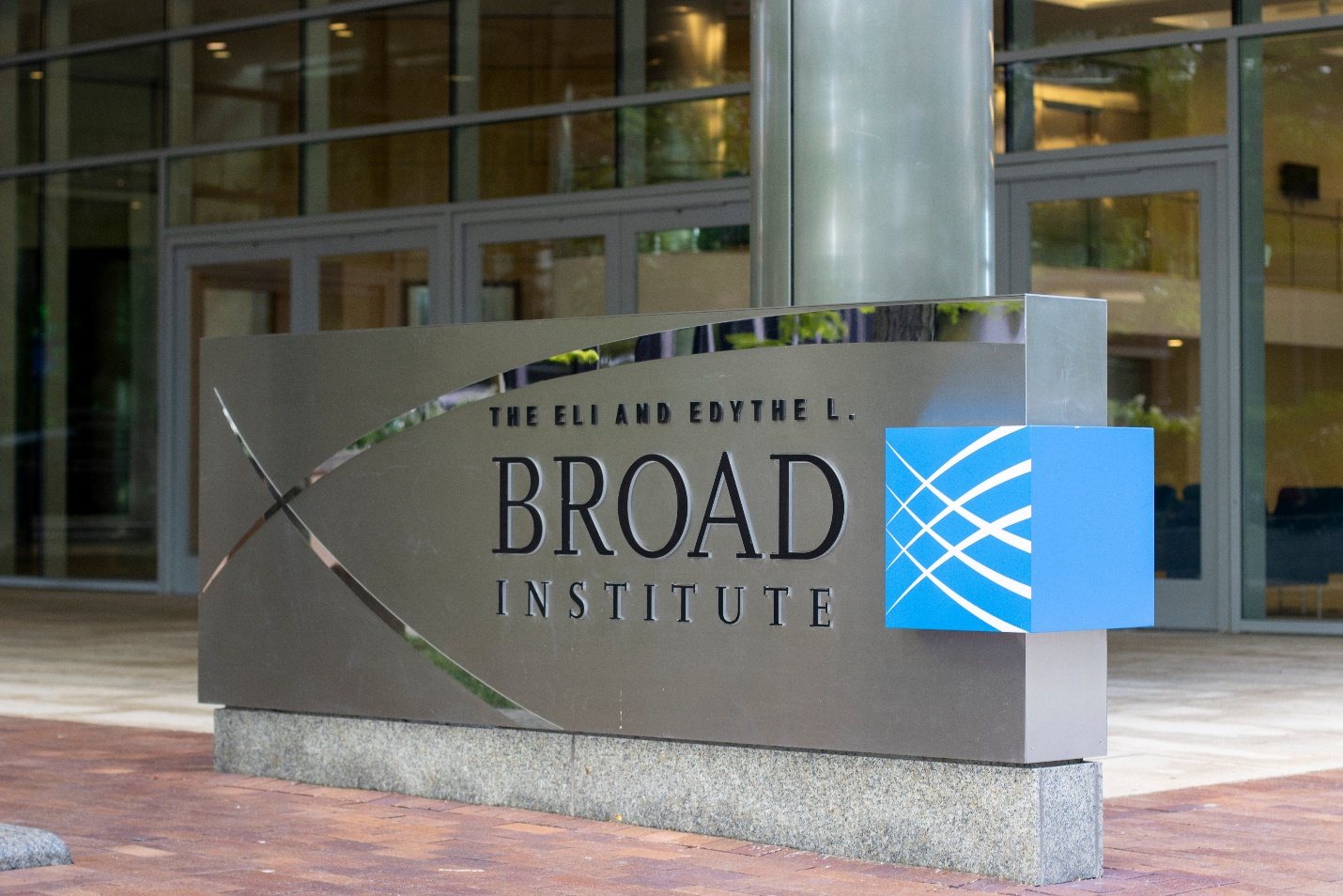A recent study published in Nature Biomedical Engineering presents a new method for more efficient and precise integration of large genes into mammalian genomes. The research, led by Smriti Pandey, Xin D. Gao, and their team, introduces prime-editing-assisted site-specific integrase gene editing (PASSIGE). This technique aims to enhance gene therapy and genetic research.

Addressing Gene Integration Challenges
Current methods for targeted gene integration in mammalian cells often struggle with issues such as low efficiency and specificity. Techniques like CRISPR-associated transposases and programmable nucleases can cause unintended effects, including double-strand breaks and uncontrolled insertions.
The PASSIGE Approach
PASSIGE combines prime editing and site-specific recombinases to integrate large DNA sequences into specific genomic sites efficiently. The researchers enhanced this process using phage-assisted continuous evolution (PACE) to optimize recombinase activity.
Improved Recombinases
The team focused on evolving the Bxb1 recombinase, creating variants named evoBxb1 and eeBxb1. These variants showed significant improvements in gene integration efficiency:
- EvoBxb1: Achieved a 2.7-fold increase in efficiency.
- EeBxb1: Showed a 4.2-fold improvement.
Enhanced Efficiency
In human cell lines with pre-installed recombinase landing sites, evoBxb1 and eeBxb1 achieved donor integration rates up to 60%, much higher than the wild-type Bxb1. This resulted in targeted gene integration efficiencies averaging 23%, and over 30% in primary human fibroblasts.
Comparison with Existing Methods
PASSIGE with evoBxb1 or eeBxb1 outperformed the PASTE method (programmable addition via site-specific targeting elements) by 9.1-fold and 16-fold, respectively, demonstrating its effectiveness for targeted gene integration in mammalian cells.
Future Potential
This method’s ability to precisely and efficiently integrate large genes into mammalian genomes could significantly impact treatments for genetic diseases. By preserving physiological gene expression, it avoids complications associated with viral vector-mediated gene therapy.
Conclusion
The development of PASSIGE with continuously evolved recombinases represents a notable advancement in genetic engineering. This technology has the potential to improve gene therapies, offering new possibilities for patients with genetic disorders.
https://www.nature.com/articles/s41551-024-01227-1

Check out our AAV CDMO service to expedite your gene therapy research
PackGene Biotech is a world-leading CRO and CDMO, excelling in AAV vectors, mRNA, plasmid DNA, and lentiviral vector solutions. Our comprehensive offerings span from vector design and construction to AAV, lentivirus, and mRNA services. With a sharp focus on early-stage drug discovery, preclinical development, and cell and gene therapy trials, we deliver cost-effective, dependable, and scalable production solutions. Leveraging our groundbreaking π-alpha 293 AAV high-yield platform, we amplify AAV production by up to 10-fold, yielding up to 1e+17vg per batch to meet diverse commercial and clinical project needs. Moreover, our tailored mRNA and LNP products and services cater to every stage of drug and vaccine development, from research to GMP production, providing a seamless, end-to-end solution.
Related News
GSK sues Moderna over mRNA vaccine patents, seeks ‘reasonable royalty’
GSK on Tuesday unveiled a lawsuit filed against Moderna in Delaware federal court, alleging that its patented inventions provide the “foundation” for Moderna’s mRNA vaccine portfolio. GSK said it’s looking to recover “a reasonable royalty” for Moderna’s tens of...
Gene Therapy Automatically Converts Omega-6 to Omega-3 Fatty Acids in the Body
Shriners Children's Develops New Technology to Prevent Childhood Obesity ST. LOUIS, Oct. 16, 2024 /PRNewswire/ -- According to the Centers for Disease Control, nearly 20% of children and teens are considered obese. Research shows it can have a dramatic impact on a...
Wave Life Sciences Reports Positive Data for First-Ever RNA Editing in Humans
Wave Life Sciences has announced promising data from the RestorAATion-2 trial, marking the first clinical demonstration of RNA editing in humans. The phase 1b/2a study tests WVE-006, an RNA editing oligonucleotide, for the treatment of alpha-1 antitrypsin deficiency...
MeiraGTx’s AAV Gene Therapy Shows Promising Results for Parkinson’s
MeiraGTx has reported encouraging results from a midphase trial of its investigational gene therapy, AAV-GAD, for treating Parkinson’s disease. The company is now in discussions with regulators to advance the program to Phase III clinical trials.Significant...
Related Services

Plasmids GMP Services

AAV GMP Services


